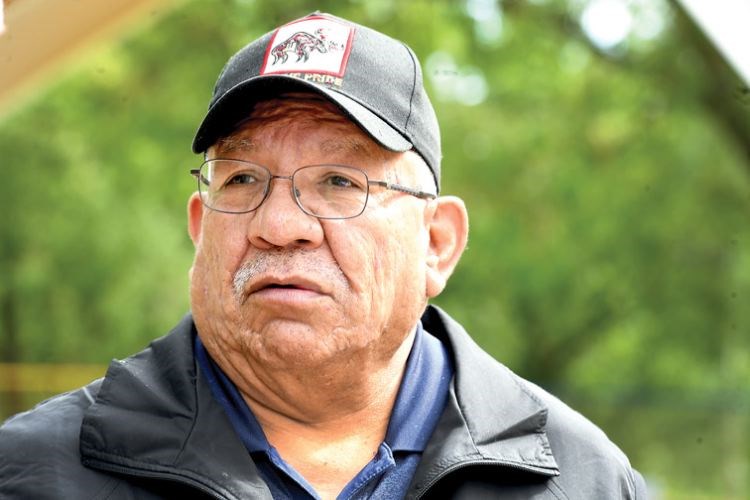The Lheidli T'enneh in Prince George and groups of First Nations along the corridor for the natural gas pipeline that would feed the LNG Canada plant in Kitimat have signed agreements worth
$620 million in support of the project.
TransCanada Corporation announced Tuesday that it has signed agreements to provide $620 million worth of contracts to more than a dozen First Nations governments and businesses. Another
$400 million worth of contract and employment opportunities for First Nations is expected to be awarded.
"This amount of contracting work awarded to First Nations businesses and communities is unprecedented in British Columbia for a pipeline company," said Karen Ogen-Toews, CEO of the First Nations LNG Alliance. "And it tells an important story - that there is strong First Nations support in B.C. for responsible LNG development, and for the natural-gas projects and pipelines that will feed the export plants."
The announcement comes on the heels of a previous announcement that indicates the companies behind the
$40 billion LNG Canada project may be getting close to a final investment decision.
Last week, TransCanada announced that it had conditionally awarded contracts to several joint ventures to build the Coastal GasLink pipeline: Surerus Murphy Joint Venture, SA Energy Group, Macro Spiecapag Joint Venture and Pacific Atlantic Pipeline Construction Inc. Those contracts are valued at $2.8 billion.
Among the First Nations that have signed contracts with TransCanada are Doig River, Saulteau and West Moberly. Fort Nelson-based M&M Resources has also been selected for work.
In 2014, West Moberly Chief Roland Wilson warned the provincial government that moving ahead with the Site C dam could result in his people opposing any LNG development.
"I've said you can't have both," Wilson said, according to CTV and other media. "If you want to push Site C, we're not going to be in favour of any LNG projects, any of the pipeline projects up there. We don't want to be there but if that's the case, we don't have any other choice."
But Wilson now appears to be fully supportive of the project.
"This is a major milestone for West Moberly First Nations," he is quoted as saying in a press release.
"Our team has worked diligently over the past five years to ensure that our cultural and environmental principles are protected, and we continue to work closely with the Coastal GasLink team to maximize the economic benefits for our community members and future generations."
Wilson could not be reached for comment.
Other First Nations that are supporting the project and receiving contracts include the Wet'suwet'en First Nation, Burns Lake Band, Skin Tyee and Saik'uz.
Another five First Nations businesses have also signed agreements for contracts, including two that provide remote work camp services.
According to TransCanada, 95 per cent of the First Nations along the 670-kilometre pipeline corridor, from Dawson Creek to Kitimat, have signed agreements, and to date, one-third of the field work already done has been by First Nations contractors.



